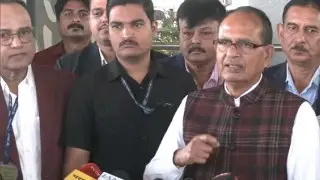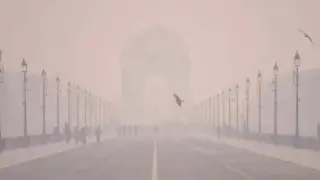
X/SistersNazareth
Bengaluru Water Crisis: The city grapples with one of its most severe water shortages in history, leaving officials scrambling to meet the escalating demand across various districts. In a bid to ensure equitable water distribution, the state government has initiated the takeover of all water tankers in Bengaluru, a move that significantly impacts gated communities reliant on these resources.
The state government has commenced the seizure of water tankers, transferring control to the Bangalore Water Supply and Sewerage Board (BWSSB). Mandating registration on the Bruhat Bengaluru Mahanagara Palike (BBMP) portal by March 7, authorities have set fixed rates for tanker services, signaling a shift towards uniform pricing and allocation.
Consequently, water tanker operators have ceased deliveries to gated communities, citing government directives. Notably, Prestige Falcon City, housing 2,500 flats, issued an internal notice apprising residents of imminent water scarcity following the government's intervention.
Praying for the water crisis in India. 🙏 Chennai, Bengaluru and Hyderabad have all been at the receiving end of severe water scarcity. pic.twitter.com/J7DK017Mjk
— Sisters of Charity (@SistersNazareth) July 17, 2019
As the water crisis deepens, apartment complexes like Palm Meadows in Whitefield have urged residents to curtail consumption by 20% due to a four-day hiatus in BWSSB supplies. Violations of this directive risk a fine of Rs 5,000, underscoring the severity of the situation.
In affected areas like Varthur, residents have been advised to refrain from car washing, with some Resident Welfare Associations (RWAs) limiting usage to once a week. Others have restricted swimming pool access, reserving it solely for weekends to conserve water resources.
DyCM DK Shivakumar revealed alarming statistics, indicating that out of 16,781 borewells in the city, nearly 7,000 have dried up, exacerbating the water scarcity. To mitigate the crisis, the government plans to drill new borewells to supplement existing sources and meet escalating demands.
In response to the crisis, BBMP and BWSSB officials convene daily to strategize water distribution efforts across Bengaluru. The establishment of a dedicated war room facilitates interdepartmental coordination, streamlining response mechanisms to address the evolving situation effectively.
As Bengaluru navigates this water emergency, concerted efforts from governmental bodies, residents, and stakeholders are imperative to alleviate the strain on dwindling water reserves and ensure sustainable access for all.













Copyright © 2025 Top Indian News
